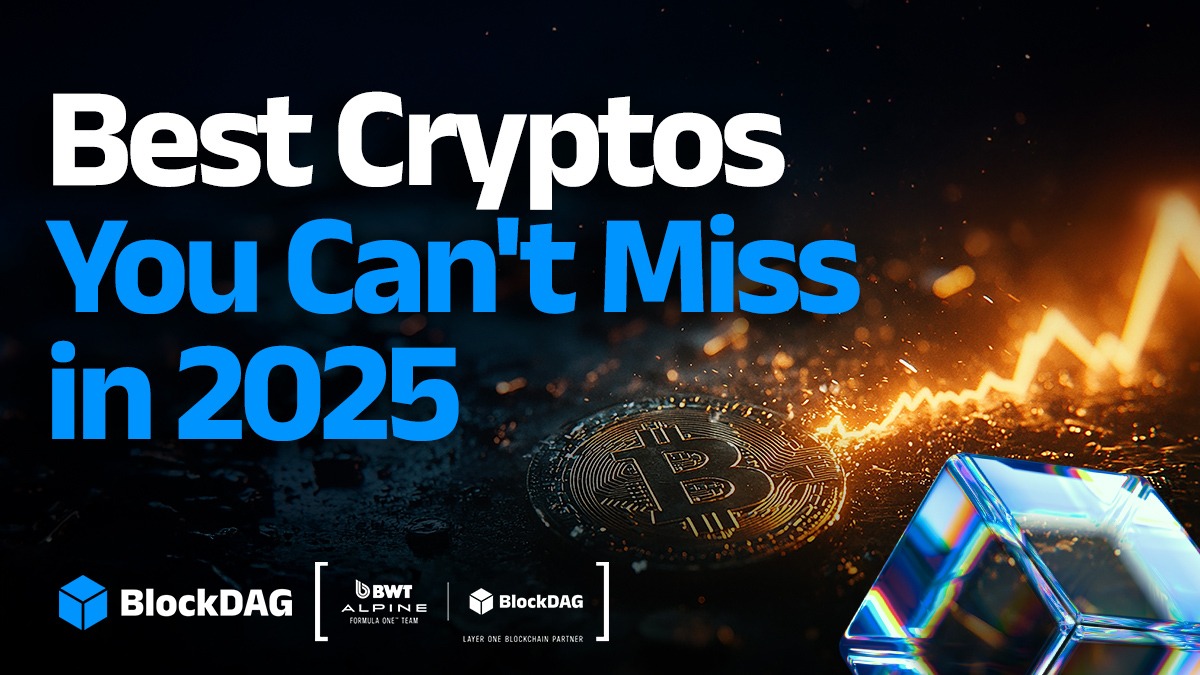Privacy, Reimagined
Imagine trying to run a major investment fund from an office made of glass. Every client, every balance, and every single move is visible to the entire world, in real-time. Would you do it? Would you show your most sensitive strategies to your competitors?
This is the reality of public blockchains today: while a public ledger excels at auditing, its "transparency problem" renders it unsuitable for practical, real-world applications over sensitive data.
But what is the alternative? Total secrecy? A hidden system that aids illicit activity and alarms regulators? For years, the industry has been stuck between these two unworkable alternatives. How do you build a digital world that is both private and trustworthy?
Secrecy vs. Transparency
For years, the conversation around onchain privacy has been a constant conflict.
On one side, some groups demand absolute anonymity, often seen as a tool for secrecy. On the other hand, regulators and institutions demand compliance, requiring transparency to prevent illegal activity. This clash created a "compliance-fear", where privacy is seen as an enemy of regulation.
This conflict led to flawed, old-world solutions. The most common example is the "mandated backdoor": a special key for regulators to access private data. History has repeatedly shown that backdoors are a severe security risk as they can be misused, abused, and exploited, ultimately destroying trust in the system.
This old narrative is a dead end. It forces a choice between two poor options: a fully anonymous system that institutions will never use, or a compromised, centralized system that defeats the purpose (and ethos) of Web3.
In the real world, interactions are neither 100% public nor 100% secret. They are "selectively private". You have a right to privacy, but an auditor can still verify your accounts, and a court can still request records. At Horizen, we are building the onchain equivalent : an ecosystem where users, applications, and institutions can protect their sensitive data by default, while retaining the ability to prove their integrity to an auditor or regulator without making the data public.
Privacy with Auditability: The New Balance of Power
Instead of insecure backdoors, Horizen fosters an ecosystem based on auditable privacy. This means revealing just enough information to satisfy regulatory requirements without compromising overall privacy. For example, an onchain action could prove it is compliant with a set of rules (like AML/KYC for finance, or verifying your identity credentials for a service) without ever revealing the underlying data to the public.
As conversations around data privacy evolve, selective disclosure sounds like a breakthrough—privacy with accountability.
It sounds ideal, but it raises a critical question: selected by whom?
If a single company or person controls the "declassification" keys, we haven’t advanced at all; we’ve simply rebranded centralization.
Horizen’s goal is different. It aims to create a decentralized, fair, and user-centric ecosystem where no single entity holds power, users have full transparency and consent, and accountability is shared across all participants. The technology is designed to adapt to future needs while keeping sensitive data protected at its core.
What Next?
The path to better onchain privacy has many challenges, but also many opportunities. Horizen is redefining privacy, aiming to create a system that respects privacy while enabling real-world compliance: the old conflict between privacy and compliance is over.
Disclaimer: The content of this article solely reflects the author's opinion and does not represent the platform in any capacity. This article is not intended to serve as a reference for making investment decisions.
You may also like
Ethereum News Update: Whale’s $5 Million ETH Short Triggers Discussion: Sign of Bearish Conviction or Leverage Gamble?
- A crypto whale deposited 5.058M USDC on Hyperliquid to short ETH with 10x leverage, signaling strong bearish sentiment. - The leveraged position highlights risks in volatile markets and regulatory uncertainty, per CryptoAnalysis and Trading Insights reports. - Analysts debate whether the move reflects market confidence in bearish trends or warns of leverage-driven volatility amplification.

Ethereum Updates: Major Investor's Bold Margin Strategy Aims to Weather Market Fluctuations
- A crypto whale known as "100% Win Rate Whale" has increased short positions in Bitcoin and Ethereum amid volatile markets. - The whale injected 1 million USDC into a BTC short position, raising its liquidation price to $118,409 with $4.07M unrealized losses. - A $14.27M ETH short position at $4,120.06 entry price highlights the whale's significant exposure to Ethereum's price swings. - Analysts emphasize the whale's defensive margin management strategy rather than directional bets, underscoring risks of

Top Cryptos with Most Potential: BlockDAG, Dogecoin, Pepe, and Shiba Inu Gain Momentum

Solana News Today: Grayscale Connects Conventional Finance and Blockchain through Solana Trust
- Grayscale launches GSOL, the U.S.'s largest publicly traded Solana spot fund, offering direct SOL token exposure and staking integration. - Solana's network generates $425M monthly fees, supports 500+ dApps, and maintains 1,000+ active developers, reinforcing institutional confidence. - Regulatory progress includes Hong Kong's Solana ETF approval and U.S. applications, while SOC certifications enhance staking security for risk-averse investors. - Despite recent price dips, Grayscale highlights Solana's u

